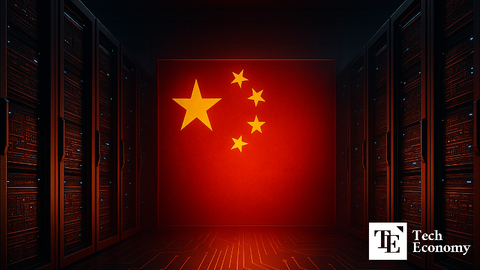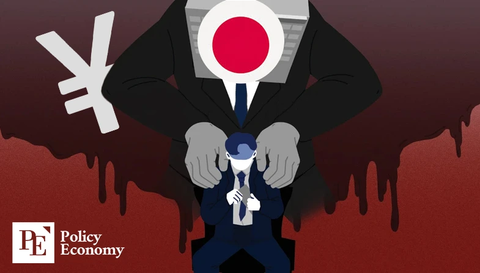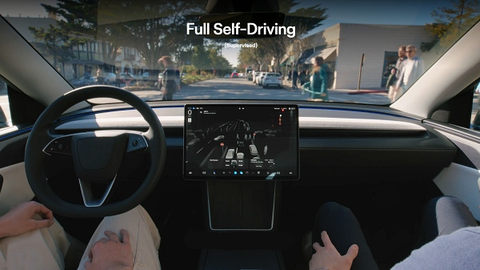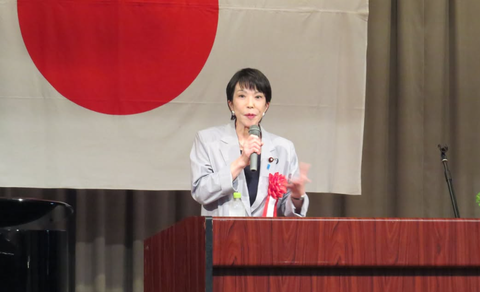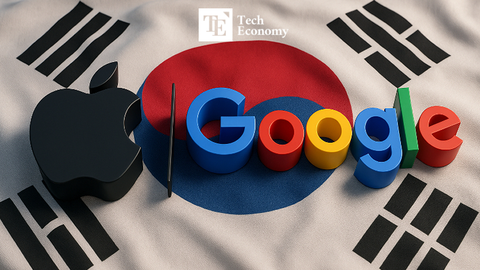After Audio, Now HVAC: Samsung Electronics Sets Major M&A Plans in Motion
Input
Changed
Samsung Electronics Acquires Germany's FläktGroup for €1.5 Billion Last Week: Bought U.S. Premium Audio Brands With Legal Risks Eased, Will Lee Jae-yong Accelerate Business Expansion?
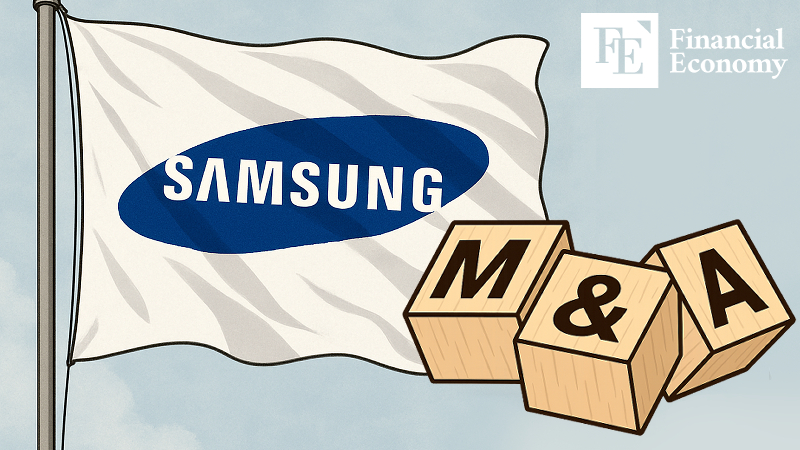
Samsung Electronics is shifting gears in a dramatic fashion, launching back-to-back billion-dollar acquisitions that signal a decisive return to the global M&A arena. In just over a week, the company has made two bold moves—one in high-end audio and the other in HVAC (heating, ventilation, and air conditioning)—suggesting a broader push to diversify and future-proof its portfolio. With Chairman Lee Jae-yong regaining strategic mobility following a pivotal legal victory, Samsung appears ready to shed its previously cautious stance and embrace a more assertive growth trajectory.
Expanding into HVAC: Samsung Acquires Europe’s FläktGroup
On May 14, Samsung Electronics announced the acquisition of Germany’s FläktGroup, a leading European HVAC systems manufacturer, for €1.5 billion (approximately ₩2.378 trillion or $1.6 billion). Founded in 1918, Fläkt has long dominated the European market, with over a century of expertise and a presence in key infrastructure such as hospitals, museums, airports, terminals, and major global data centers.
Through this acquisition, Samsung gains not only Fläkt’s world-class HVAC technologies but also its high-profile global clients. When combined with Samsung’s own building automation systems, this strategic purchase is expected to yield significant synergies in service reliability and profitability. Roh Tae-moon, acting head of Samsung’s Device Experience (DX) division, emphasized that acquiring Fläkt positions the company to become a comprehensive global HVAC provider. “We plan to nurture the fast-growing HVAC business as a future growth engine,” he said, noting the sector’s rising demand driven by AI infrastructure and data centers.
Big Moves in Audio: Harman Targets Premium Sound Brands
Just days before the Fläkt deal, Samsung made headlines with another major transaction. On May 7, it announced that Harman International—its subsidiary focused on automotive and audio technologies—would acquire the audio division of U.S.-based Masimo Corporation for $3.5 billion (around ₩4.8 trillion). This marks Samsung’s first major M&A initiative since its 2016 acquisition of Harman for $8 billion, and it represents a strategic effort to reinvigorate its lifestyle audio business.
The acquisition brings several iconic premium audio brands under Harman’s wing, including Bowers & Wilkins (B&W), Denon, Marantz, Polk, and Definitive Technology. B&W, founded in the UK in 1966, is a standout in luxury audio, while Denon boasts a 115-year legacy and is credited with inventing the CD player. Marantz has a strong following for its high-end amplifiers and receivers.
Harman intends to integrate Masimo’s audio assets into its lifestyle division, complementing its existing portfolio of brands like Harman Kardon, JBL, and Bang & Olufsen. The acquisition will also enable Harman to strengthen its car audio division by offering differentiated sound experiences across a broader brand spectrum, further cementing its role as a top-tier supplier for global automotive clients.

Lee Jae-yong's Comeback and Samsung's M&A War Chest
Samsung’s sudden burst of M&A activity is widely seen as a signal of Chairman Lee Jae-yong’s return to active leadership. For years, the company faced criticism for its reluctance to pursue M&As, attributed in large part to Lee’s prolonged legal battles following the death of his father, the late Chairman Lee Kun-hee. That period of stagnation appears to be ending.
Though Lee remains on trial for alleged accounting fraud and improper corporate mergers, his acquittal in the appellate court on February 3 in the Cheil Industries–Samsung C&T case has significantly eased legal constraints. Market insiders believe this legal win has enabled Lee to resume making bold strategic decisions. “Samsung is reportedly actively scouting targets in AI, robotics, and automotive electronics,” one source noted, emphasizing that the company aims to look beyond traditional sectors like semiconductors, smartphones, and consumer electronics to achieve a new level of global scale.
Fueling this momentum is Samsung’s substantial cash reserve. As of the end of September last year, the company held around ₩104 trillion (approximately $76 billion USD) in liquid assets—₩43.1 trillion in cash and equivalents and ₩60.6 trillion in short-term financial instruments. This marks a more than ₩10 trillion increase from the previous year, even amid heightened capital expenditure in the semiconductor sector. With such deep financial resources, Samsung is now well-positioned to continue making bold, transformative acquisitions across multiple industries.


